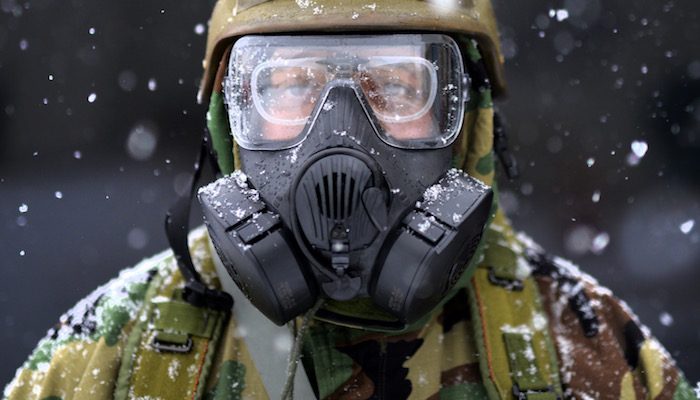Biological and chemical warfare represent a dark aspect of human conflict, involving the use of toxic agents to harm or incapacitate individuals, populations, or ecosystems. In this article, we’ll delve into the ethical considerations surrounding these forms of warfare, the dangers they pose, and the measures in place to defend danatoto against them.
I. The Ethical Dilemmas of Biological and Chemical Warfare:
- Indiscriminate Nature:
- The use of biological and chemical agents can have widespread and indiscriminate effects, causing harm to both combatants and civilians, and potentially affecting future generations.
- Long-Term Environmental Impact:
- The release of these agents can lead to long-lasting ecological damage, affecting ecosystems and wildlife in the targeted areas.
- Violation of International Conventions:
- The use of biological and chemical weapons is prohibited under various international agreements, including the Biological Weapons Convention and the Chemical Weapons Convention.
- Moral Responsibility:
- The development and deployment of such weapons raise profound moral questions about the responsibility of nations and individuals for the consequences of their actions.
II. The Dangers of Biological Warfare:
- Highly Contagious Diseases:
- Biological agents can include deadly pathogens such as bacteria, viruses, and toxins that can spread rapidly in a population.
- Lack of Immediate Symptoms:
- Infected individuals may not show symptoms immediately, making it difficult to detect and contain outbreaks.
- Potential for Bioterrorism:
- Advances in biotechnology have raised concerns about the potential for non-state actors to develop and deploy biological weapons.
- Difficulty in Attribution:
- Determining the source of a biological attack can be challenging, complicating efforts to hold responsible parties accountable.
III. The Dangers of Chemical Warfare:
- Rapid Onset of Symptoms:
- Chemical agents can cause rapid and severe health effects, including respiratory distress, burns, and organ damage.
- Persistent Effects:
- Some chemical agents can contaminate an area for an extended period, posing ongoing risks to both humans and the environment.
- Potential for Civilian Casualties:
- Chemical weapons may be used in populated areas, increasing the likelihood of civilian casualties.
- Risk of Escalation:
- The use of chemical weapons can escalate conflicts, potentially leading to broader regional or international crises.
IV. Defenses Against Biological and Chemical Warfare:
- Preventative Measures:
- This includes strict controls on the possession and handling of dangerous pathogens and chemicals, along with robust security measures to prevent theft or unauthorized access.
- Diagnostics and Surveillance:
- Early detection systems and rapid diagnostics are crucial in responding to potential biological threats.
- Vaccines and Antidotes:
- Developing vaccines and antidotes for known biological and chemical agents is a critical aspect of preparedness.
- Training and Education:
- Training first responders, healthcare professionals, and military personnel in recognizing and responding to incidents is essential.
- International Cooperation:
- Collaborative efforts at the international level are crucial for sharing information, resources, and expertise in preventing and responding to biological and chemical threats.
V. Future Prospects and Challenges:
- Emerging Technologies:
- Advances in biotechnology and chemical sciences bring both opportunities for better defenses and challenges in preventing misuse.
- Ethical Considerations in Research:
- Ethical guidelines and oversight are critical in research involving potentially dual-use technologies.
- Public Awareness and Advocacy:
- Raising public awareness about the dangers of biological and chemical warfare can drive policy changes and increased support for research and defenses.
Conclusion: Navigating the Complex Landscape:
Addressing the ethical, dangers, and defenses against biological and chemical warfare is a multifaceted challenge that requires a combination of international cooperation, scientific advancements, and ethical considerations. By understanding the complexities of this issue, we can work towards a safer and more secure future for all.










